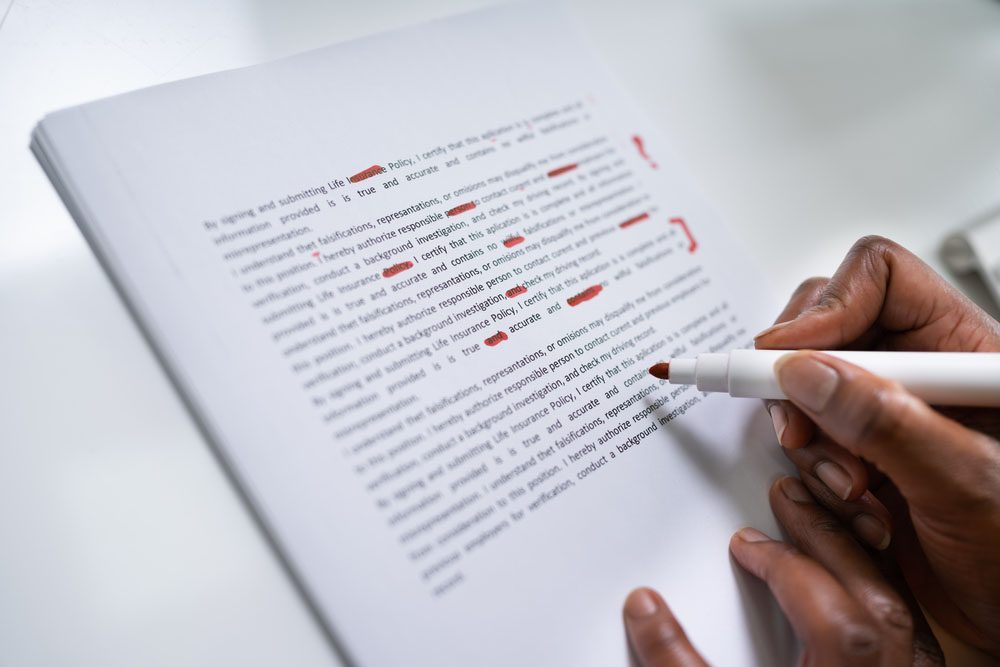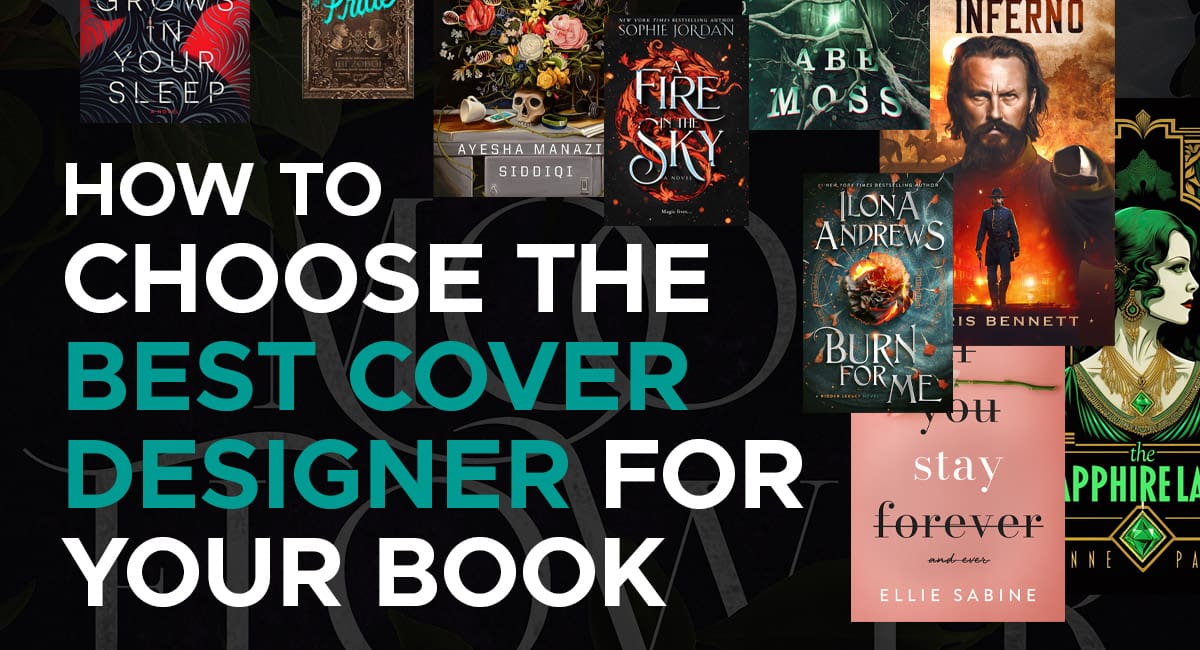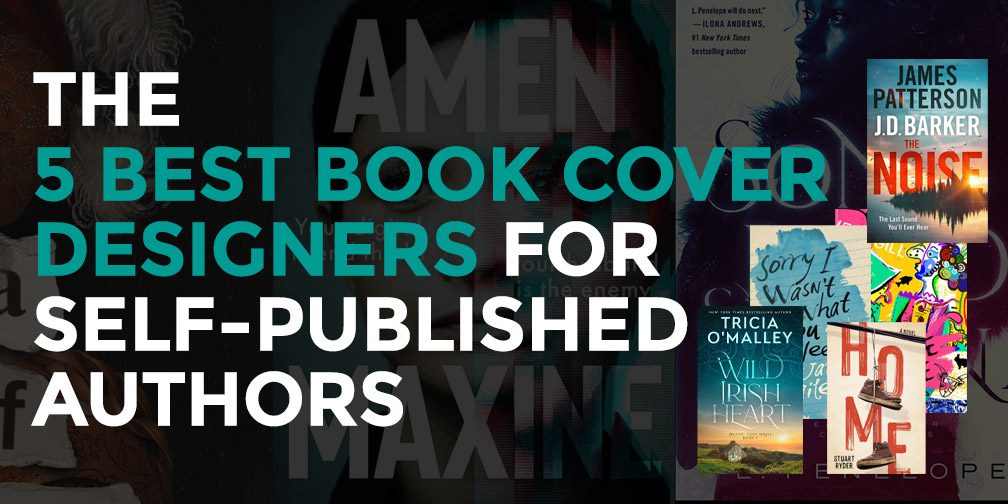No one sets out to make mistakes, and because of that it can be tempting to think you never make any. Often you’ll only realise when they’re pointed out to you, at which point you’ll be plagued with thoughts of how the hell it happened.
A short novel like The Great Gatsby is made up of around 250,000 characters. A Negative Nelly might see that as 250,000 opportunities to make a mistake. While people like you and I are far more optimistic, the fact remains that getting 250,000 things right in a row doesn’t happen very often.
That’s why a brilliant writer like F. Scott Fitzgerald, and indeed every professional author in history, has sought the services of a professional proofreader.
Proofreading basics, and why it’s important
Distinct from editing, proofreading is the final step in polishing your manuscript. At this point everything from the broad story to the paragraph structure is settled, and the hunt is on for anything that defies the accepted rules of English – things like misspellings, grammatical mistakes and the incorrect use of words.
In short, proofreading is the difference between helping your Uncle Jack off a horse and helping your Uncle jack off a horse. Mistakes jolt the reader out of the world you’ve created, forcing them to make sense of the narrative, rather than granting them an opportunity to escape within it. When a Starbucks cup made a guest appearance in the final season of Game of Thrones, the internet spent days focusing on the slip-up rather than the crescendo of one of the biggest TV shows ever. In your novel a single uncapitalised letter is every bit as impactful as a disposable coffee cup in Winterfell.
And no matter how well the book is written, the text formatted and the cover designed, a single mistake will imply that your book is of lower quality. While in the early years of self-publishing mistakes were almost treated as a given, independent authors are beginning to take proofreading as seriously as traditional publishers. If you want your book to succeed, a mistake-free manuscript is no longer a plus, it’s a must.
Why shouldn’t I proofread my book myself?
We’ve all been there. You’re writing a thesis, a blog post, or an important email. You carefully check it over, reading and rereading it. You hit upload or send. You go back for one more look. You spot an error. You ask the Lord to free you from this mortal coil.
Unless you’ve got a very special brain, as the most successful proofreaders do, you’ll more than likely suffer from a phenomenon called inattentional blindness – when even the most momentary lapse in focus sees you failing to spot something unexpected.
This phenomenon is compounded by the fact that our brains can also subconsciously fix spelling mistakes as we read, an effect that explains why most of us can comfortably understand the following:
“The Paomnnehal Pweor Of The Hmuan Mnid.
Aoccdrnig to Cmabrigde Uinervtisy rscheearch, it deosn’t mttaer waht oredr the ltteers in a wrod are, the olny iprmoatnt tihng is taht the frist and lsat ltteer are in the rghit pclae. The rset can be a taotl mses and you can sitll raed it wouthit a porbelm. Tihs is bcuseae the huamn mnid deos not raed ervey lteter by istlef, but the wrod as a wlohe.”
Good proofreaders, however, have brains that are wired in such a way that small, easy to miss mistakes turn into a set of police lights wired to a foghorn. According to Reedsy, you can expect to pay such a proofreader around US$3 per page to look over your manuscript.
I can’t afford a professional – what should I do?
The reality is that many self-published authors simply won’t have the $700 or so it might cost them to have their book professionally proofread. If you can’t stump the cash, the next best thing is to improve your own process.
We’re told that the definition of insanity is doing the same thing over and over again and expecting different results, so catching those hard to find mistakes is all about changing your approach.
Read the manuscript aloud: Reading in your head makes mistakes that much easier for your deceitful brain to cover up. Reading aloud tends to highlight them. Even better, take your brain entirely out of the equation and use a text to speech tool, like the one in Word.
Focus on one thing at a time: Inattentional blindness often occurs when your brain is overwhelmed. To ease the strain, do multiple checks of your manuscript, looking for a certain type of mistake each time. Start with spehlling, go to grammar,, then sea if you can find any homonyms.
Change the font and size of your text: Another cure for inattentional blindness, changing the text can make your manuscript look like something totally different and new, tricking your brain into paying more attention. PRO TIP: avoid Webdings.
Use an unpaid love one: Or pay them in something without cash value, like love. Or those ‘I’ll wash the car” vouchers that you used to make in primary school. While this individual isn’t likely to be a professional proofreader – if they are, awesome – a fresh set of eyes is still a valuable thing.
Show me a list of your favourite writers, and I’ll show you a list of people who had their work proofread. Mistakes are a fact of author life, so it’s imperative that editing and proofreading form a fundamental part of your process.
If you want to do it yourself, you most certainly can. Just know that hiring a professional is industry standard for a reason, and will grant your book its best chance at success.
As my parents told me as they awkwardly handed me my first packet of condoms, “No one sets out to make mistakes, but they happen, so let’s just do what we can to avoid them.”







